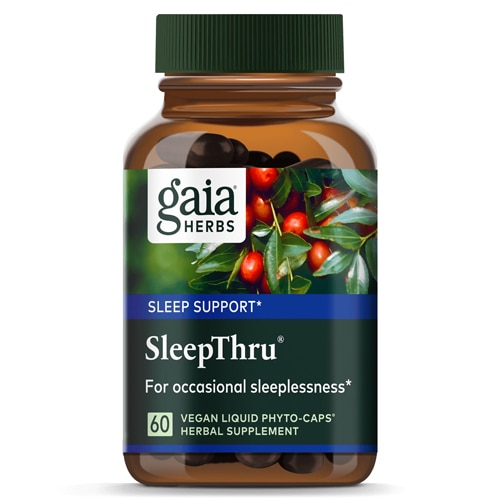Most adults don’t get the seven to nine hours of sleep recommended for optimal health and well-being. Whether you can’t fall or stay asleep at night because of stress, busy thoughts, lack of a sleep routine, caffeine or alcohol—all can prevent you from getting your zzzs and lead to grogginess and exhaustion during the day.
When your eyelids start to get heavy, and you're feeling like you're struggling to fight the sandman, you may want to go ahead and succumb to the urge to take a nap. Incorporating a brief catnap into your day can be surprisingly helpful, as it’s a tool for maintaining your energy levels; after all, as Michael Hyatt said, “The secret to becoming more productive is not managing your time, but your energy.”
Types of naps
When you don’t get enough sleep, it is often difficult to have enough energy to accommodate all that you would like to do. The Sleep Foundation identifies three types of naps:
- Planned napping: A pre-planned event to compensate for the expectation of a compromised night’s sleep (e.g., due to travel or late-evening activity).
- Emergency napping: A reactive event when you are so overcome with exhaustion that you cannot continue what you are doing.
- Habitual napping: This type of proactive nap has become habit, where you schedule a planned nap at the same time each day.
The benefits of napping
When you get enough sleep, you feel better physically, mentally and emotionally. If your sleeping habits leave you lacking, a nap can help to supplement your well-being.
Physically: Napping improves your health. When you sleep, you heal. You also boost your immune system, repair sore muscles and re-balance hormone levels (which can help with stress and weight management). Napping can help you relax, lower your blood pressure and reduce the risk of heart attacks. Cleveland Clinic M.D. Charles Bae says, “Naps are getting more and more recognition as being beneficial to our health – even for our heart and brain.”
Mentally: Cognitive abilities improve with sleep; concentration, alertness and memory are compromised when you are sleep-deprived. When you are well-rested, you have better reaction times which can reduce mistakes and accidents. Mental sharpness improves productivity and performance. You will keep your focus on the task at hand, versus “leaking” it on distractions, and that will improve your energy over the course of the day.
Emotionally: When you have gotten a good night’s sleep, your mood improves. If you are stressed out and cranky, a few extra zzzs will help you reset to feel better and see the world through a brighter lens. Dr. Sara C. Mednick, author of Take a Nap, Change Your Life, is an expert on how napping can boost your sensory perception, making everything look, sound, smell, taste and feel better. And when that happens, you’ll not only feel better about yourself, but your social interactions will improve as well.
Tips for napping
Napping conditions impact the effectiveness of your extra sleep. Keep the following tips in mind to optimize your nap:
Duration: Keep your naps under 30 minutes. Naps longer than that can leave you feeling groggy when you awaken. In addition, longer naps can interfere with your circadian rhythms and you may not be able to go to sleep that evening. Less is more; set an alarm to make sure that you don’t overdo it.
Environment: For maximum benefit, find a dark, quiet location. Temperature should be comfortable--not too warm, not too cool. You might want to try a sleep mask if you are unable to limit natural light.
Timing: Take a nap in the mid-afternoon. If you try to nap too early, you may not be able to fall asleep (yet), and if you nap too late in the day, it could sabotage your good night’s sleep.
If sleeping at night is a challenge, you may want to try to incorporate napping into your day to help you beat lethargy, irritability and lack of concentration. When you feel better across the board, you will have more energy to do what is important and meaningful.
Of course, you may also consider reassessing and prioritizing your evening sleep routine. Sweet dreams!




